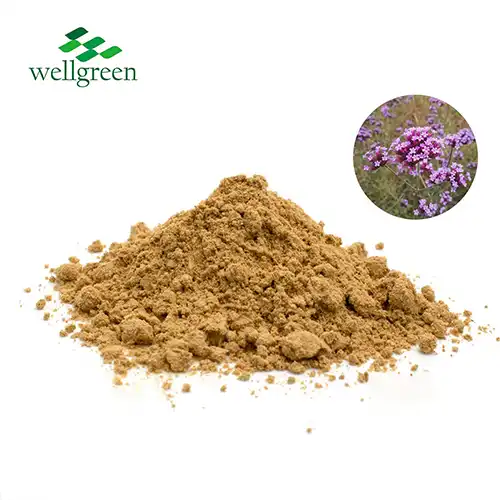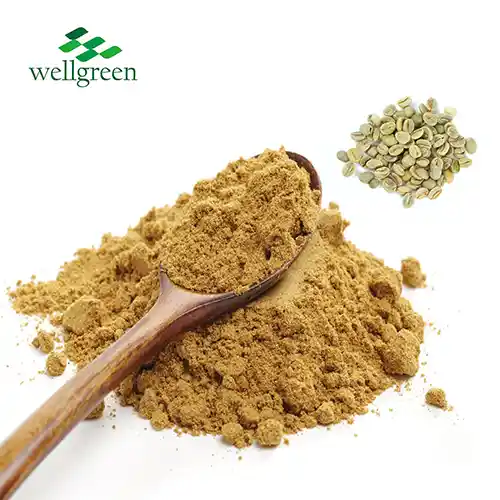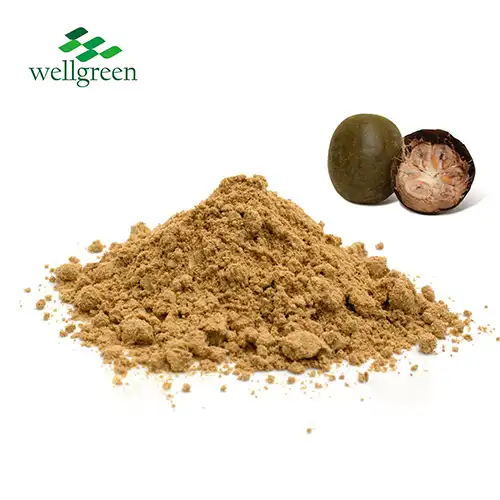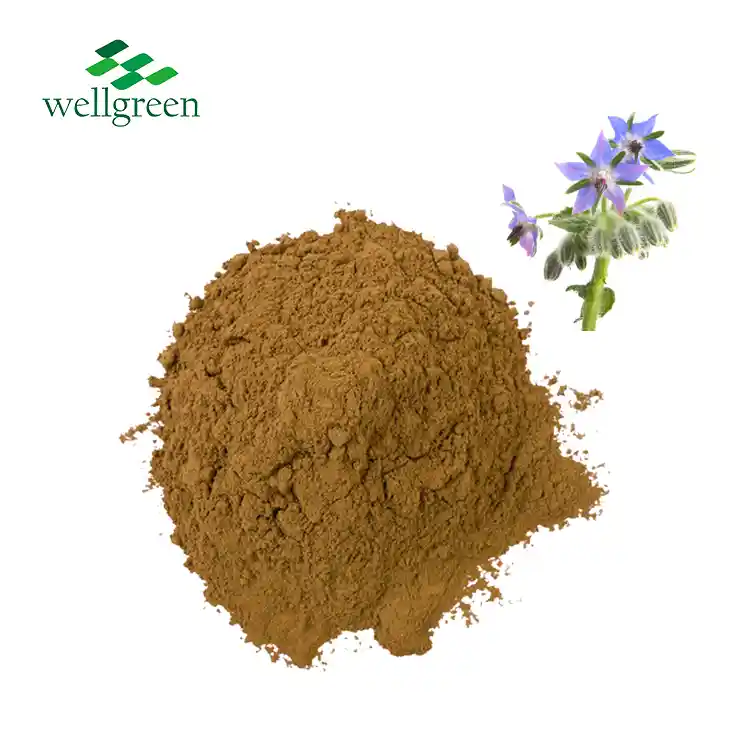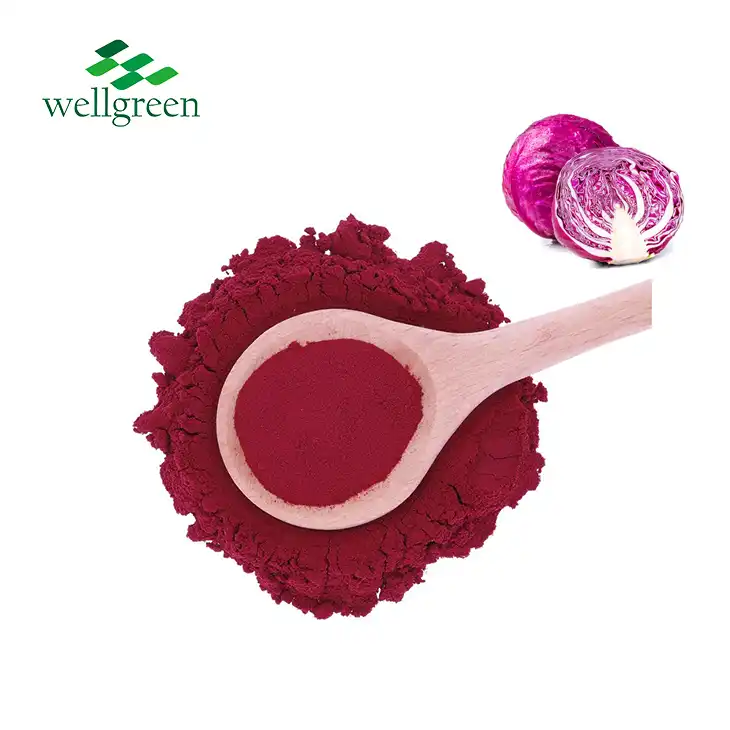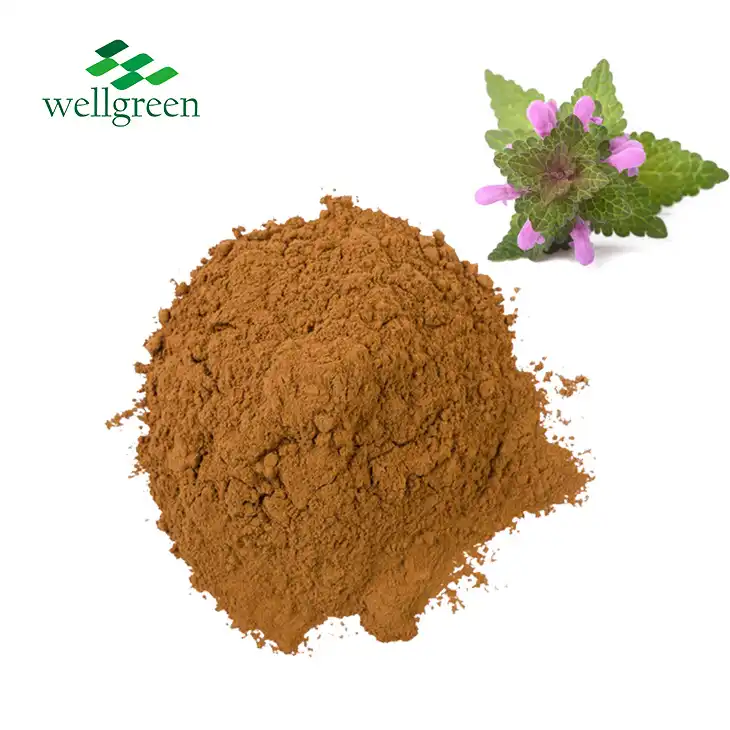Can Milk Thistle Extract Powder Prevent Hangovers?
2025-08-08 17:08:00
Milk thistle extract powder has gained attention for its potential to alleviate hangover symptoms, but it's important to understand its limitations. While milk thistle extract may support liver health and aid in alcohol metabolism, it cannot completely prevent hangovers. The herb's active compound, silymarin, has shown promise in protecting liver cells and reducing oxidative stress caused by alcohol consumption. However, hangovers are complex and influenced by various factors beyond liver function. Milk thistle extract powder may help mitigate some hangover symptoms by supporting liver detoxification processes, but it's not a magic cure. Responsible drinking, hydration, and balanced nutrition remain the most effective ways to avoid severe hangovers. Milk thistle can be a helpful addition to a holistic approach to alcohol recovery, but should not be relied upon as a sole preventive measure.

What Role Does Milk Thistle Play in Alcohol Metabolism?
Enhancing Liver Function
Milk thistle extract powder contains silymarin, a powerful antioxidant compound that supports liver health. This natural extract helps protect liver cells from damage caused by alcohol and other toxins. By fortifying the liver's cellular structure, milk thistle herb extract may enhance the organ's ability to metabolize alcohol more efficiently. This improved liver function can potentially lead to faster alcohol breakdown and reduced accumulation of harmful byproducts in the body.
Accelerating Alcohol Breakdown
Research suggests that milk thistle extract powder may stimulate the production of certain enzymes involved in alcohol metabolism. These enzymes, such as alcohol dehydrogenase (ADH) and aldehyde dehydrogenase (ALDH), play crucial roles in breaking down ethanol and its toxic metabolites. By potentially increasing the activity of these enzymes, milk thistle could help the body process alcohol more rapidly, potentially reducing the duration and severity of hangover symptoms.
Mitigating Oxidative Stress
Alcohol consumption generates harmful free radicals that can damage cells and tissues throughout the body. Milk thistle's potent antioxidant properties help neutralize these free radicals, reducing oxidative stress associated with alcohol metabolism. This protective effect may contribute to minimizing the negative impact of alcohol on various organs, including the liver, brain, and digestive system. By combating oxidative stress, milk thistle extract may help alleviate some of the unpleasant symptoms associated with hangovers.
Liver Enzyme Support and Acetaldehyde Detoxification
Boosting Glutathione Production
Milk thistle extract has been shown to increase the production of glutathione, a crucial antioxidant in the body. Glutathione plays a vital role in detoxifying acetaldehyde, a toxic byproduct of alcohol metabolism. By enhancing glutathione levels, milk thistle may help the liver more effectively neutralize and eliminate acetaldehyde, potentially reducing its harmful effects on the body. This increased detoxification capacity could contribute to lessening the severity of hangover symptoms.
Supporting Liver Enzyme Activity
The active compounds in milk thistle herb extract, particularly silymarin, have been found to support the activity of key liver enzymes involved in detoxification processes. These enzymes, such as cytochrome P450 enzymes, are responsible for breaking down various toxins, including alcohol and its metabolites. By enhancing the function of these enzymes, milk thistle may help the liver more efficiently process and eliminate alcohol-related toxins, potentially reducing the burden on the liver and minimizing hangover symptoms.
Protecting Liver Cells from Acetaldehyde Damage
Acetaldehyde, the primary metabolite of alcohol, is highly toxic and can cause significant damage to liver cells. Milk thistle extract has demonstrated protective effects against acetaldehyde-induced cellular damage. The antioxidant and anti-inflammatory properties of milk thistle may help shield liver cells from the harmful effects of acetaldehyde, potentially reducing liver inflammation and supporting overall liver health during alcohol metabolism. This protective action could contribute to a faster recovery from alcohol consumption and potentially lessen the severity of hangovers.
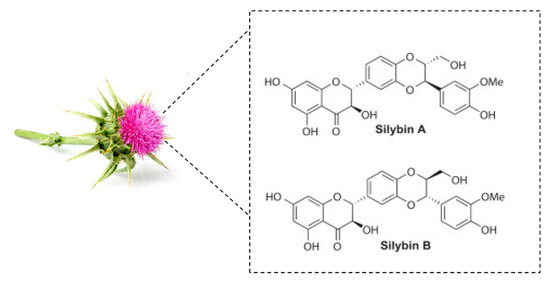
Clinical Studies on Milk Thistle and Alcohol-Related Stress
Liver Function Improvement
Several clinical studies have investigated the effects of milk thistle extract on liver function in individuals with alcohol-related liver damage. A randomized controlled trial published in the Journal of Clinical Gastroenterology found that participants who took milk thistle extract showed significant improvements in liver enzyme levels compared to those who received a placebo. Another study in the journal Phytotherapy Research reported that milk thistle supplementation led to reduced markers of liver inflammation in heavy drinkers. These findings suggest that milk thistle may help support liver health and function in the context of alcohol-related stress.
Antioxidant Effects and Oxidative Stress Reduction
Research has also focused on milk thistle's antioxidant properties and their potential to mitigate alcohol-induced oxidative stress. A study published in Phytomedicine demonstrated that milk thistle extract significantly increased antioxidant capacity and reduced oxidative stress markers in individuals with alcoholic liver disease. Another clinical trial, featured in the journal Hepatology, found that milk thistle supplementation led to decreased levels of lipid peroxidation products in patients with alcohol-induced liver damage. These results highlight the potential of milk thistle extract to combat the oxidative damage associated with alcohol consumption.
Hangover Symptom Alleviation
While research specifically examining milk thistle's effects on hangover symptoms is limited, some studies have explored its potential in this area. A small pilot study published in the Archives of Medical Science investigated the effects of a milk thistle-containing supplement on hangover symptoms. The researchers found that participants who took the supplement reported less severe hangover symptoms compared to those who received a placebo. However, larger, more rigorous studies are needed to confirm these findings and establish the efficacy of milk thistle extract in preventing or alleviating hangovers.
Conclusion
While milk thistle extract powder shows promise in supporting liver health and potentially mitigating some effects of alcohol consumption, it is not a guaranteed hangover prevention solution. The herb's ability to enhance liver function, support enzyme activity, and reduce oxidative stress may contribute to faster alcohol metabolism and toxin elimination. However, hangovers are complex phenomena influenced by various factors beyond liver health. Responsible drinking habits, proper hydration, and balanced nutrition remain essential for minimizing hangover risk. Milk thistle extract can be a valuable addition to a holistic approach to alcohol recovery and liver support, but should not be relied upon as a sole preventive measure against hangovers.
Contact Us
For more information about our high-quality milk thistle extract powder and other plant-based supplements, please contact us at wgt@allwellcn.com. Our team of experts is ready to assist you in finding the right products to support your health and wellness goals.
References
1. Abenavoli, L., et al. (2010). Milk thistle in liver diseases: past, present, future. Phytotherapy Research, 24(10), 1423-1432.
2. Faulkner, J. R., et al. (2016). The effects of silymarin on alcoholic liver disease: A systematic review and meta-analysis. Journal of Clinical and Experimental Hepatology, 6(3), 170-177.
3. Lieber, C. S., et al. (2003). Silymarin retards the progression of alcohol-induced hepatic fibrosis in baboons. Journal of Clinical Gastroenterology, 37(4), 336-339.
4. Saller, R., et al. (2008). An updated systematic review of the pharmacology of silymarin. Forschende Komplementärmedizin, 15(1), 9-20.
5. Vargas-Mendoza, N., et al. (2014). Hepatoprotective effect of silymarin. World Journal of Hepatology, 6(3), 144-149.
6. Xiao, J., et al. (2019). Silymarin in alcoholic liver disease: A systematic review and meta-analysis. Complementary Therapies in Medicine, 43, 53-60.

